![]() — Home — Business News
— Home — Business News
Weekly Business News from Myanmar
-
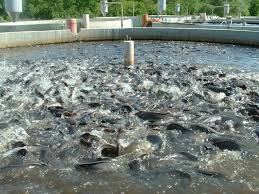
Yangon regional government will cooperate with Myanmar Fisheries Federation (MFF) in reforming the current fish farming system to turn Yangon into a model for the fishery sector
The government will cooperate with Myanmar Fisheries Federation (MFF) in reforming the current fish farming system in fishery sector, said Yangon Region chief minister Phyo Min Thein. He blamed little profit for results from conventional farming and called for better services in transporting fishery products through cold storage factories. The chief minister said the government was coordinating a project with MFF so that Yangon Region could become a model in fishery sector. The project would start in accord with the instruction of the union government, he added. Yangon has about 80,000 fish farms and half of them are running without licenses. But, coordination is being sought with the union government to take action against them. -
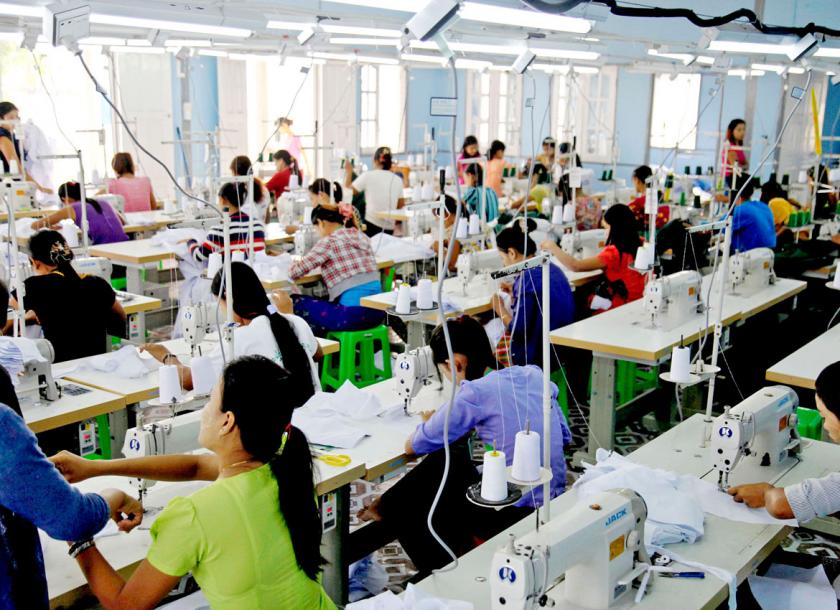
Despite the higher costs involved, some businesses see positive impact from higher minimum wage
The Myanmar daily minimum wage has been set at K4,800, which is a rise of 33 percent from the K3,600 workers were drawing previously. The change was announced by the National Committee for the Minimum Wage on Monday. The change comes after months of negotiations between business owners and workers unions. Before the current wage of K4,800 was agreed upon, businesses had lobbied for the minimum wage to be K4,000, while workers said they needed at least K5,600 to cover their daily living expenses. Despite the higher costs involved, some businesses see positive changes as a result of the higher wages. Daw Htay Htay, who runs a small local garment factory, said her workers have now become more responsive and responsible at their jobs. The labour-intensive garment industry is among those most heavily affected by the hike in daily minimum wages. “The workers are now becoming more responsible at work knowing that their wages will be higher,” she said Daw Htay Htay. -
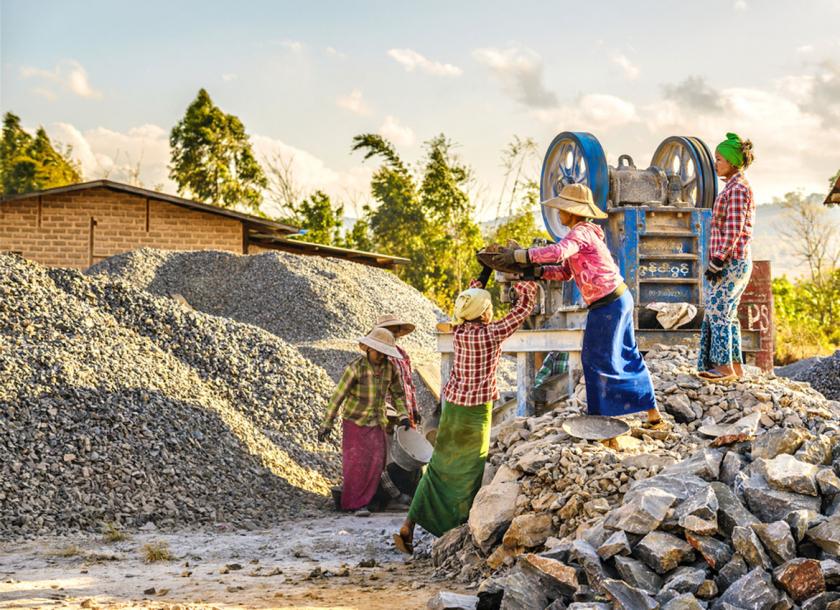
The legal framework regulating the mining sector needs to be reconsidered if Myanmar wants to attract responsible mining investment and address past problems
"A fresh start, a clear policy vision, and simple laws to underpin it, are essential if mining is ever to contribute to sustainable development in Myanmar." The legal framework regulating the mining sector lacks consistency and clarity while the capacity of government and companies to monitor mining activities is limited, representatives from the Myanmar Centre for Responsible Business (MCRB) said, arguing that a fundamental rethink is necessary if Myanmar wants to attract responsible mining investment and address past problems. Yangon-based MCRB yesterday held a press conference for the launch of sector-wide impact assessment (SWIA) on the mining sector. The report includes field research focussed on tin, gold and limestone mining in eight states and regions in the country, and is the fourth SWIA by the MCRB. There are few environmental, social and human rights protections in the mining sector, according to the study. Widespread poor practices prevail. Even at larger established mines, very few good practice examples could be identified. Extensive adverse impacts on the environment and human rights were documented across the country and different types of mining. -
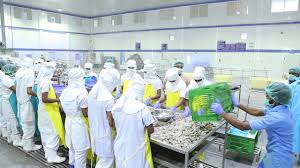
Myanmar Marine Producers and Exporter Association urged the government to negotiate with the Saudi government in allowing normal trade in marine export
Myanmar Marine Producers and Exporter Association has urged the government to negotiate with the Saudi government in allowing normal trade as Saudi Arabia has issued a statement announcing the suspension of import of Myanmar's fish and prawn effective from April 1, according to the Republic of the Union of Myanmar Federation of Chambers of Commerce and Industry. The demand was made by association secretary Myo Nyunt during the 15th regular meeting between Vice President Myint Swe and local businessmen. Myo Nyunt said that Myanmar exported fish and prawn worth US$25 million or 35 million yearly to Saudi Arabia through direct trade route or through UAE. -
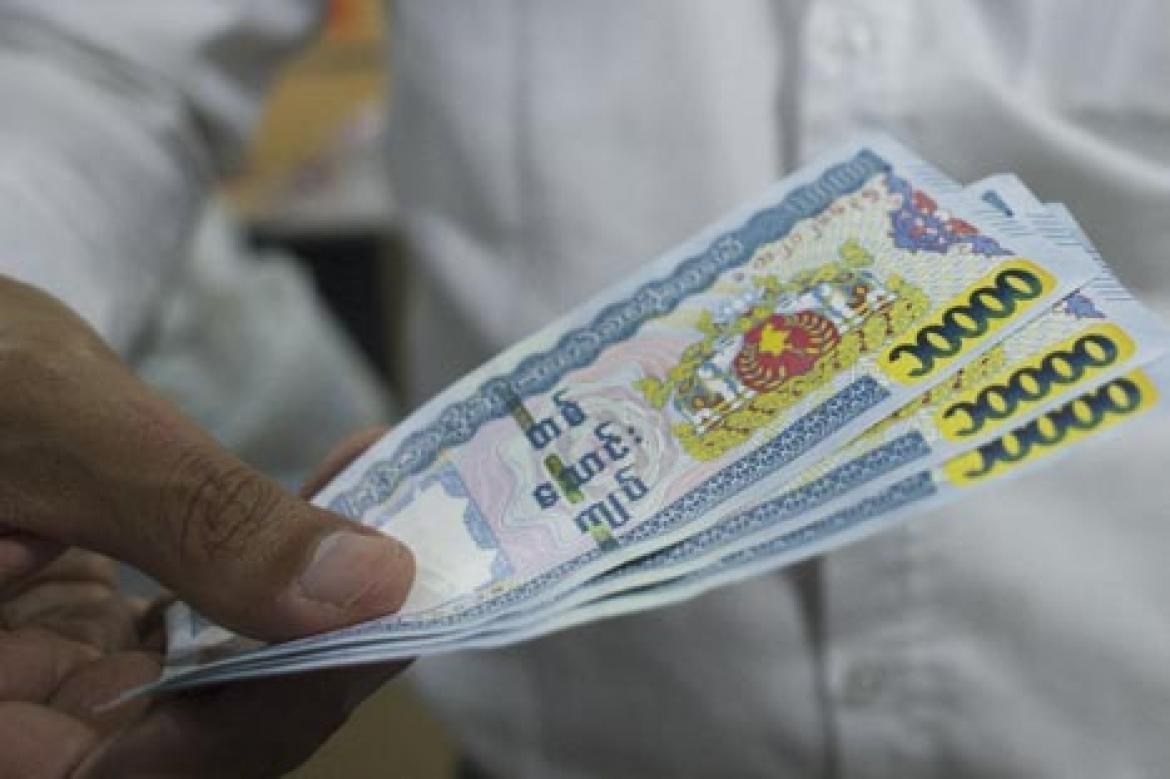
Central Bank of Myanmar urged the government to begin drafting a moveable asset finance law to improve credit access
YANGON — The Central Bank of Myanmar has urged the government to begin drafting a moveable asset finance law so that banks and other lenders can accept collateral other than real estate. Central Bank director general Daw Than Than Swe told Frontier that such a law would lay the foundations for a dramatic increase in access to credit, particularly among small and medium-sized enterprises. Although credit to the private sector has increased significantly in recent years, many businesses are starved of financing because banks only accept particular types of land as collateral. Under a moveable asset finance law, banks could also accept a range of other items as collateral, including stock, equipment and receivables. -
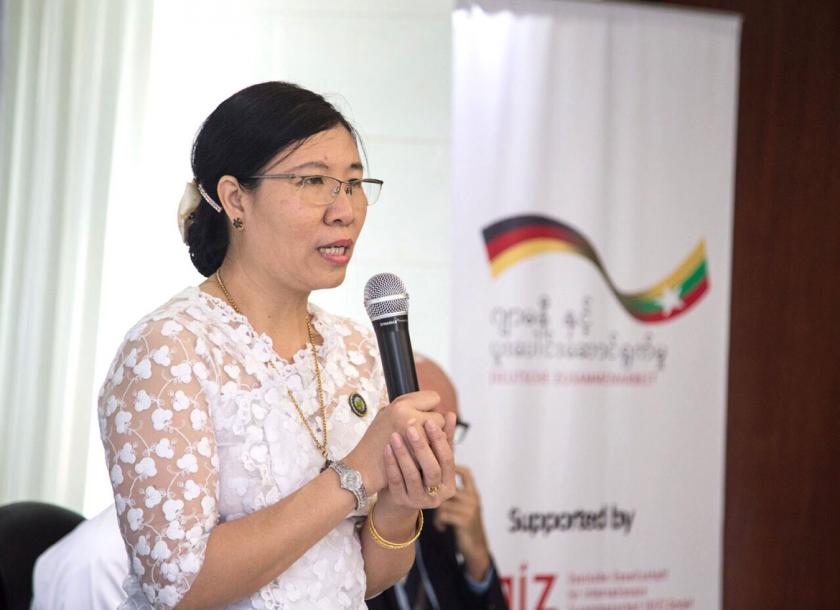
KBZ bank launched a new One-Stop SME Banking Centre (OSBC) in Yangon to secure better access to finance
KBZ Bank yesterday opened a new one-stop services centre to help small and medium-sized enterprises (SMEs) secure better access to finance. The One-Stop SME Banking Centre (OSBC) offers a range of services to meet the needs of growing businesses, such as enhancing access to finance and improving financial literacy. By launching the centre, Myanmar’s largest private bank seeks to facilitate the expansion of enterprises across industries, sectors and regions in the country. The centre will operate as an information hub as well, with a team of banking professionals who are well-placed to advise SMEs on managing their growth plans, cash-flow projection, financing issues and challenges. The OSBC will provide access to all KBZ core products and services, including: deposit, credit, cash management and transaction banking products. It will also offer consulting and matching. -
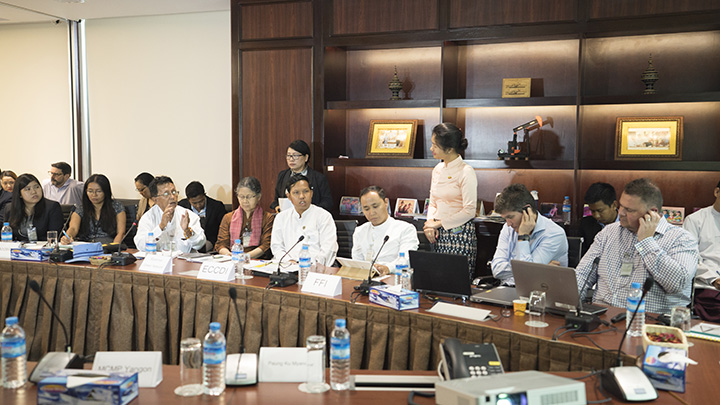
In order to develop an international level offshore supply base in Myanmar, an Environmental Impact Assessment (EIA) workshop over the project was held in Yangon
An offshore supply base that will support offshore oil and gas production will be implemented and constructed by Myint & Associates in Ayeyawady Region, Ngayokkaung Township, Nanthapu. An environmental impact assessment (EIA) workshop over the project was held yesterday morning at Vantage Tower, Yangon. In the years to come, offshore oil and gas production will develop. Myanmar didn’t have an international-level offshore supply base. We are relying on bases in Thailand and Singapore. This is a waste of time and money. That is why Myint & Associates is arranging to set up an offshore supply base, said Myint & Associates Company Executive Director (Government & Public Affairs) U Tint Swe. -
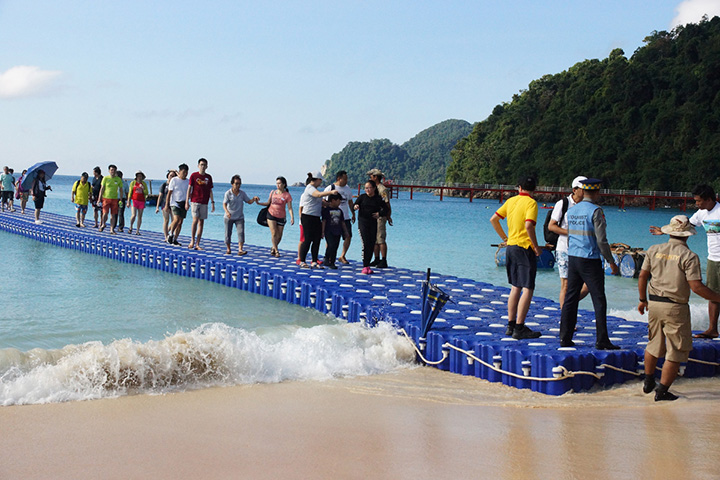
Kawthoung becomes a tourist hotspot following the gradual development of its marine tourism
Kawthoung, a town in the Taninthayi Region of southernmost Myanmar, has become a tourist hotspot following the gradual development of its marine tourism. Local and foreign visitors are flocking to the town in large numbers during the summer holidays, said a local tour operator. Kawthoung is an important trading point bordering the Thai border town of Ranong to the east. Most of the terrain in the area is mountainous. Thanks to the state’s new economic policy, investors are eyeing the coastal town with interest, as it has numerous beautiful natural islands for tourism development projects, resulting in an increase in the number of recreation facilities such as resorts and hotels. The town is expected to flourish in the current economic climate as the town’s smokeless industry ramps up investments. -
Myanmar will promote digital economy with corporate’ aid and ultimately aims to become the digital hub in Southeast Asia
FIVE YEARS after Myanmar’s liberalisation of the telecommunications sector, the nation has now over 50 million mobile subscribers, a figure that almost encompasses its total population, and is set for adoption of digital economy with the help of industry leaders worldwide. Myo Swe, deputy director general at the Posts and Telecommunications Department, said earlier that Myanmar would strive for enabling digital economy and multi-sectorial digital transformation including digital government, digital community and digital society, ultimately aiming to become the digital hub in Southeast Asia. The government has a policy goal to ensure that all people in a country have access and are able to use telecommunications services. More people living in rural areas now have access to technical services and applications as well as the capacity to use them. -
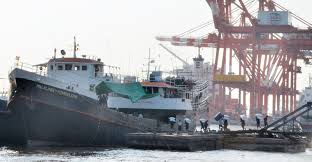
Ministry of Commerce included 3,345 items in the Export Negative List in order to maintain food security and prevent human, animal and environmental damages
Starting from March 2018, more than 3000 items will be included in the Export Negative List, implying that export licenses must be applied for them before they are exported, according to the Ministry of Commerce (MOC). The MOC’s notification (9/2018) will come into effect starting March 1, 2018. Its objective is to maintain food security and prevent human, animal and environmental damages, based on the items on the list. The items that require application for export license are – animals and animal products, rare plants, seeds, rice, paddy, oil and oil-producing plants, raw-product from mines, chemical products, fertilizers, explosive products, forestry products, precious gems and stones, vehicle and heavy machineries and antiques. In total, 3,345 items have been placed on the list. The notification included a warning with regards to the export of other items which will be included under a separate list, must follow the laws, bylaws, regulations, and directives released by the related ministry.
Business News
Copyright © 2014 Business Information Center All Rights Reserved.







